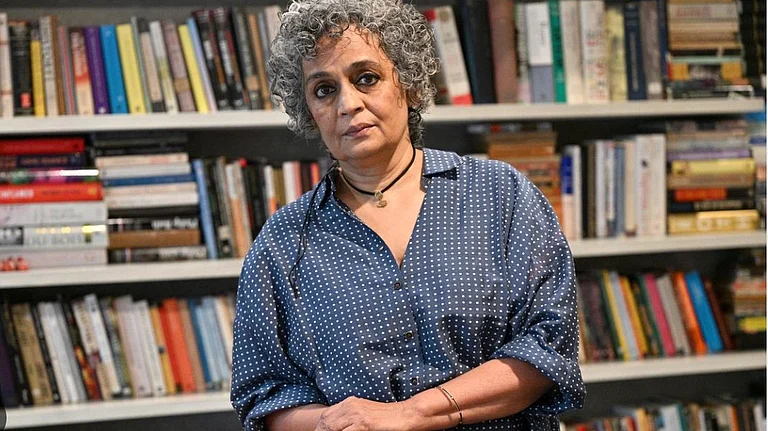The ruling National People's Party (NPP), which is in an alliance with the BJP in Meghalaya, was on Friday granted recognition as a national party by the Election Commission.
The NPP became the first party from the North East to get the national party status. It is a recognised party in four states of the region.
"The party has fulfilled the eligibility condition for being a recognised as a national party as laid down in paragraph 6B (iii) (the party is recognized as state party in at least four states)," ECI secretary Pramod Kumar Sharma said in an order issued Friday.
As per the party's request, the symbol 'book' has been allotted to it, Kumar said.
NPP chief and Meghalaya Chief Minister Conrad K Sangma took to twitter to announce the news.
"Thank you #Northeast for all your support. #BefittingTributeToPASangma #NPPForNortheast," Conrad tweeted.
"It is a very nostalgic moment for all of us that the party founded by Late Purno Agitok Sangma has achieved its due recognition," he added.
Although the NPP had its base in Manipur, former Lok Sabha speaker Purno Agitok Sangma expanded it when he took over in January 2013.
The NPP is leading a BJP-backed government in Meghalaya and supporting the ruling BJP in Manipur. It is also a part of the ruling NDA at the Centre.
The NPP won five seats in the recently held Arunachal Pradesh Legislative Assembly election and has one MP in the Lok Sabha. Agatha Sangma, sister of the CM, won from the Tura Lok Sabha seat in Meghalaya.
A notification issued by the Election Commission on March 15 lists seven national parties in India.
All India Trinamool Congress, Bharatiya Janata Party (BJP), BSP, CPI, Communist Party of India (Marxist), Indian National Congress (INC) and NCP figured in that list.
According to the Election Symbols (Reservation and Allotment) Order, 1968, a political party can be recognised as a national party if its candidates secure at least six per cent of votes polled in four or more states in Lok Sabha or assembly elections, and, in addition, it has at least four members in the Lok Sabha.
It also has to have at least two per cent of the total Lok Sabha seats and its candidates come from not less than three states. Third, it is recognised as a state party in at least four states.
PTI


























